Originally posted by: S_H_Y
In the 2000s, an era when physical cassettes and radio were indispensable to daily existence, a soundtrack was the pathway to the film’s universe. RHTDM also succeeded in using its music to make a lasting impression.
There are few films that have weaponised a soundtrack to tell its story the way RHTDM managed to. Its songs, deeply catchy and affecting even two decades later, are almost like a protagonist. If in Dil Chahta Hai, “Koi Kahe” cemented the playful brashness of a generation that didn’t play by the rules in under five minutes, then “Zara Zara,” the passionate love-ballad that’s RHTDM’s centrepiece, distilled the language of pining for an entire generation. One doesn’t have to be a fan of RHTDM to be a fan of its music, but there’s no denying that the former implies the latter.
To be fair, there’s nothing new about the film’s premise of mistaken identities. But RHTDM finds quiet ways to make a case for itself. Even though it belonged to a period in Hindi cinema guilty of disguising a strain of stalking as romantic perseverance, it’s worth noting that the film comes close to taking a stand against Maddy’s ways. Once Reena finds out about the real Rajeev, not only is she miffed about being lied to, but also about how she was lied to. In fact, even Maddy comes to the realisation that his feelings for Reena doesn’t justify his means.
There’s also the timing of life RHTDM captured that worked in its favour. Its protagonists are in their early 20s, living a life sandwiched between being carefree college-students and committed professionals. It isn’t a part of youth that usually comes under the scanner in Hindi movies. But the protagonists of RHTDM represent adults in progress: three people who look like grown-ups don’t always act like them, which made their romantic indecision all the more believable.
It’s perhaps why RHTDM is the kind of Hindi romance that seemed more focused on articulating the pangs of the broken-hearted than in repeating what it really meant to fall in love. It helped that it came out when an entire generation of Indian youth, stuck in similar rhythms, were starting to come of age, experiencing romantic encounters that would lead them to their first heartbreaks. It also reveals why people of a certain age continue to respond to the movie even two decades on, seeing parts of themselves in a movie even when they might have stopped being that person.
RHTDM‘s music, the rare great Hindi soundtrack not composed by AR Rahman, was essentially designed to drive home this very panic of losing the person you could have built an entire life with. Composed by Harris Jayaraj, it is stacked with songs that evoke similar investment irrespective of whether they’re sung in unison at a party or hummed alone in your room.
The title track, “Rehna Hai Tere Dil Mein” is an energetic ode to the giddiness of love while, “Dil Ko Tumse,” plays out like the softest gesture, an emotionally intense proclamation for your lover. And despite the ability of “Zara Zara” to constantly elicit goosebumps, the song that hits the hardest is “Sach Keh Raha Hai Deewana,” a heartbreak sermon delivered by KK with such vividness that it defines the movie.
In that sense, the enduring magic of RHTDM rests on the fact that its music has at some point been instrumental in playing as background score either while someone was in the thick of a romance or just out of it. We may no longer be the same people as when we first heard them, but it brings alive a memory of a time on youth. That alone is enough.







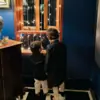















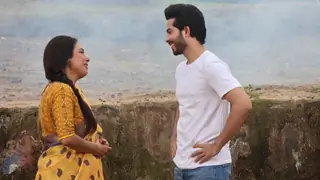




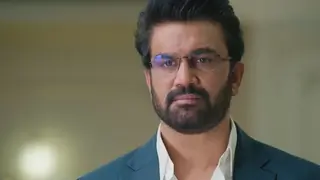
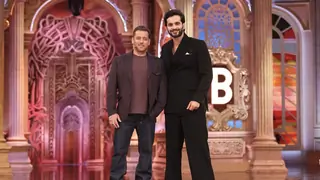
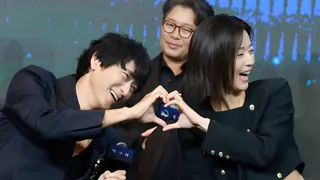
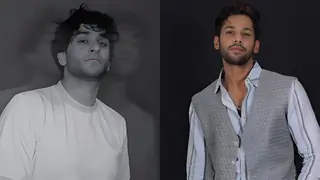

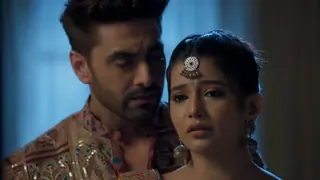



27